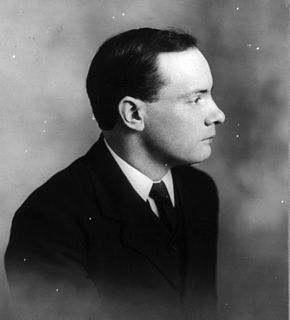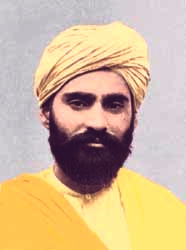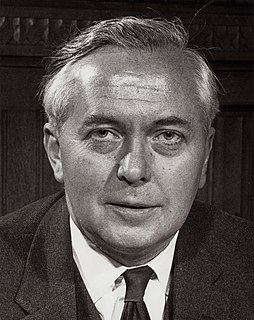A Quote by Eric Hoffer
The ruthlessness born of self-seeking is ineffectual compared with the ruthlessness sustained by dedication to a holy cause. God wishes, said Calvin, that one should put aside all humanity when it is a question of striving for His glory.
Related Quotes
Crossing out is an art that is, perhaps, even more difficult than writing. It requires the sharpest eye to decide what is superfluous and must be removed. And it requires ruthlessness toward yourself -- the greatest ruthlessness and self-sacrifice. You must know how to sacrifice parts in the name of the whole.
You can't compare us, but I do think that Calvin Klein influenced his way of working. Calvin created this whole aesthetic with imagery - the whole sex thing. I can see that Calvin influence on his work. What Calvin has created is untouchable. My legacy, whatever it is I'm doing here, is miniscule compared to what he has done. It's just like an update deal.
One of the most terrible things about the English education System in Ireland is its ruthlessness...it is cold and mechanical, like the ruthlessness of an immensely powerful engine. A machine vast, complicated... It grinds night and day; it obeys immutable and predetermined laws; it is as devoid of understanding, of sympathy, of imagination, as is any other piece of machinery that performs an appointed task. Into it is fed all raw human material in Ireland; it seizes upon it inexorably and rends and compresses and remoulds...
If God wishes to be born as man and to unite mankind in the fellowship of the Holy Ghost, He suffers the terrible torment of having to bear the world in its reality. It is a crux; indeed, He Himself is His own cross. The world is God's suffering, and every individual human being who wishes even to approach his own wholeness knows very well that this means bearing his own cross. But the eternal promise for him who bears his own cross is the Paraclete.
Where the very safety of the country depends upon the resolution to be taken, no consideration of justice or injustice, humanity or cruelty, nor of glory or of shame, should be allowed to prevail. But putting all other considerations aside, the only question should be: What course will save the life and liberty of the country?
Religion is not a matter of God, church, holy cause, etc. These are but accessories. The source of religious preoccupation is in the self, or rather the rejection of the self. Dedication in the obverse side of self-rejection. Man alone is a religious animal because, as Montaigne points out, it is a malady confined to man, and not seen in any other creature, to hate and despise ourselves.
Perhaps the greatest barrier to revival on a large scale is the fact that we are to interested in a great display. We want an exhibition; God is looking for a man who will throw himself entirely on God. Whenever self-effort, self-glory, self-seeking or self-promotion enters into the work of revival, then God leaves us to ourselves.




































